We hear about UGC everywhere, but what does it mean? UGC or User Generated Content are buzzwords for content that gamers have created themselves. Are you familiar with Minecraft? A game where we mostly build, and there are also some zombies? So like that.
Enrico D'Angelo, VP of Product, Economics and Ecosystems at Roblox, expanded on this in an industry panel at GamesBeat Summit Next. He notes that the future of gaming is user-generated content.
"If you think about the history of the games, the big innovations came from the idea of UGC," D'Angelo says. "At the highest level, UGC and community creation have the freshness that larger companies can't afford because they have so many other economic interests at stake. They will prefer to track (in the sense of keeping track of what works) and invest, as opposed to betting on gameplay or risky ideas. In my view, I see UGC, first and foremost, as an engine for innovation."
Think of a mode that failed. So what happened? He failed and no one lost anything, but at least he tried, so that UGC can perform tens or even thousands of iterations until they succeed.
Roblox Minecraft(Photo: official website, Mojang/Roblox)
A bit of history - it all starts with Dom
We've only been using the phrase UGC in recent years, but older gamers, myself included, are more familiar with it as "mods" than first-person games like Doom.
When ID Software Doom came out in 1993, it changed the industry, spectacular gameplay. A smooth and fast game not like the games that preceded it, and a lot of blood and murder. But it also changed something else. A community of excluded people has arisen - who take the files of the game, modify them and produce something new from modification of the existing or modified for short. All this would not have been possible without the help of the developers who also released the source code (and for users who do not know how to program it would have been more problematic) but also created the game itself so that the stages files, sound and graphics, were separate from the files of the engine itself, which allows the doom to run.
Soon enough, a purpose-built phased builder called Doom Editing Utility (DEU) was set up and the excluded community went wild. According to Wikipedia, Origwad is the first mod (or WAD from Costem), created by Jeff Bird and released on March 7, 1994. It contained one stage, 6 rooms and 90 enemies, but from here the way back was impossible.
Soon Bernie the dinosaur, the eighth traveler, dead to live, and everything popular at the time (trimmed?) and it was fun and funny to watch him die or explode. The mods at the time went through FTP and BBS servers (yes, it's the <>'s, just before the Internet is known today), and were very successful for those who liked to tinker with the game's files and get a little more "doom" after the original campaign. But where is the money?
Smiley Dome: One of the mods that Nines players will remember well (Photo: official website, Mod DB)
Nothing to play? So build! Fortnite, Roblox Overwolf and Minecraft have been doing this for years
A few years later, the familiar Steam arrived, releasing a level builder for its popular games, TeamFortress and of course Half-Life, with the most well-known level builder being Garry's Mod. The description of the famous mod, which is sold only for a fee in a set store, explains it all: "Gary's mod is a physical sandbox. There are no predefined goals or objectives. We give you the tools and leave it to you to play." That's how the concept of sandbox began to be implemented in gaming. The concept describes an environment given by the developers to players and they can do there as they please, as far as the boundaries of the game allow. The industry is beginning to realize that there is not only money involved, but also additional content. They'll give players builders, paid or free, and they'll build more content themselves and continue to pay for extras, a monthly subscription, and maybe even make money from it.
Games like Minecraft, and more recently Roblox and Fortnite have been doing this for years. Just like Garry's Mod, they release sandbox games (Fortnite took almost a year and a half to release its level builder), letting players build new levels, challenges, and sometimes even a new story. The new tools allow you to play the new stages in a "store" of add-ons, all made by and for players. Sometimes it pays for gamers to invest in mods because they can sell them and make money from it.
It's important to note that mods aren't limited to multiplayer games, and that not every platform allows the sale of paid mods. Sometimes developer consent is required, as in the case of Black Mesa (a single-player game based on the original Half-Life). What started as a simple fan remake of the game within Half-Life 2's new Source engine, after Valve's approval, was released to the set store as a complete and paid game that included redubbing, new segments, different gameplay and more.
UGC represents a paradigm shift in the new generation that is growing up now, notes Ori Marchand, founder and CEO of Israeli company Overwolf, which aims to promote and nurture players who produce content for popular games: "Players play like in the Roblox and Minecraft ecosystem. They're used to endless content and endless opportunities," he explains. "It's almost impossible for one game studio to create content in the quantities consumers demand. UGC is the strategy to make this possible for the new generation of gamers growing up now."
And he's not wrong. More and more companies are adopting the strategy of: build a successful game, rally a community of gamers around it, and then release some level builder or sandbox to allow players to continue playing and having fun in a game that is all theirs.
Garry's Mod(Photo: official website, Valve, Steam)
In the future - Everywhere - an open world game from the creators of GTA where the player can continue to build and create more experiences for themselves
Love GTA? One of the most well-known sandbox games of our generation, considered an open world for all intents and purposes, it also has a vibrant mod community and a huge online audience with GTA: Online, where creativity also celebrates. Leslie Bentzis, a veteran of Rockstar, the company that developed GTA, decided to try making something bigger. He's started a new company called Build A Rocket Boy, and it's developing Everywhere that's supposed to let us do everything, here's a partial list of the things you'll find there:
Battle District, where we can access laser shooters inspired by Quake with Deathmatch options and more. A racing district, which lets us initiate arcade races across futuristic terrain.
An entertainment area, where we can access other players' creations and other experiences, one of the experiences by the way, according to the developers, is a full-fledged paid AAA game called MindsEye, described as a futuristic GTA.
Yes, you got it right, there's a game within a game here, how will that happen? Time will tell, and we may not have to wait too long because the PC beta is expected to come out this year.
Everywhere's main goal, and the developers don't hide it, is to be the next Roblox. Give players enough tools to build entire worlds, within the main world, and probably make money from it, because if the developers sell a full AAA game within the main game, why can't others too?
And you can't talk about the future of UGC without talking about Fortnite's new Creative Mode that fully integrates with Enrile 5.2 and its various capabilities, or the full name: Unreal Editor For Fortnite (UEFN) Fortnite Creative. This will allow us to build new screens in Fortnite that not only feel fun, but also look great and run on the Unreal 5.2 engine, all allowing the excluded without knowing a single line of code.
Conclusion - Does everyone benefit?
The benefit to the phase builders from the community can come from an unexpected place at all. For starters, Valve games like Counter Strike, Team Fortress and even Portal all started as mods. Valve saw the potential and turned these mods into full-fledged games. And all in collaboration with the original creators. Today, Counter Strike is one of the industry's leading esports games.
A more modern example? A 20-year-old level builder who spent two years setting up Trip's Voyage, an in-game Dreams game for PS4 (which will stop receiving updates in September this year), received a job offer from Moon Studios, creator of Ori and the Blind Forest. The excluded, known on Twitter as Eupholace, did not submit their resumes or LinkedIn profiles. The company was impressed by the stage he built, which is somewhat reminiscent of Lucky's Tale, and as a result they offered him the coveted position as a stage designer in the company.
So this time yes. WE REALLY HAVE A WIN-WIN-WIN. As someone who has played some great Half-Life mods downloaded directly from Steam for free, I can say that this is a loser-free game.
With the help of UGC, developers get more free content, and maybe even level builders devices for their ranks, the "lazy" players get more content in the game and continue to extend its life without investing more money in unnecessary DLC, or building levels, and the invested players create entire worlds, share them, and gain community recognition and sometimes even worldwide recognition (as in the case of Black Mesa).
These are usually gamers who "love" the game, so I'm sure they're also happy to give it back and extend their stay on it.
- Gaming Channel
- Magazine
Tags
- Gaming
- Avi Sadka

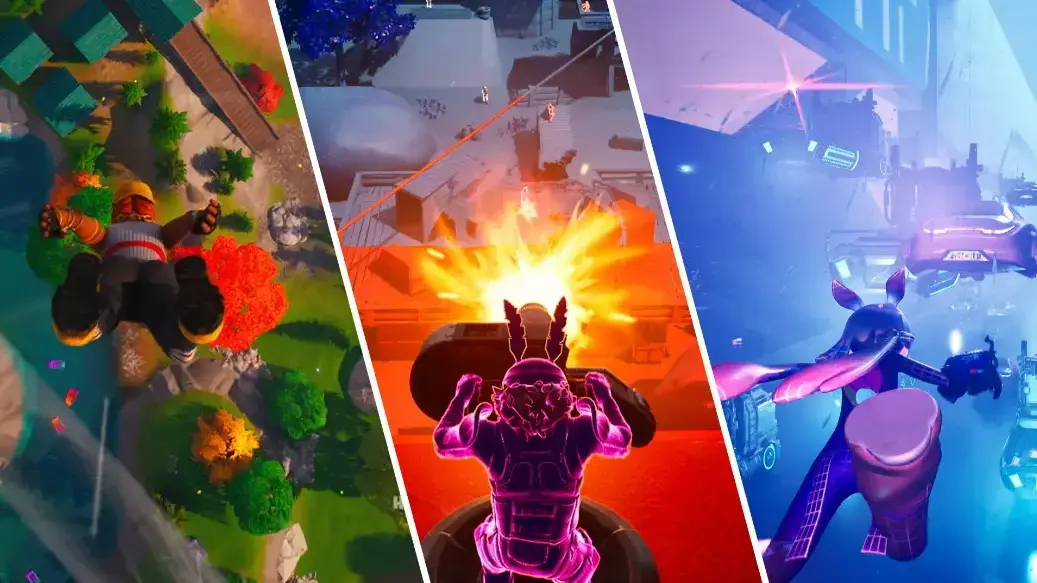
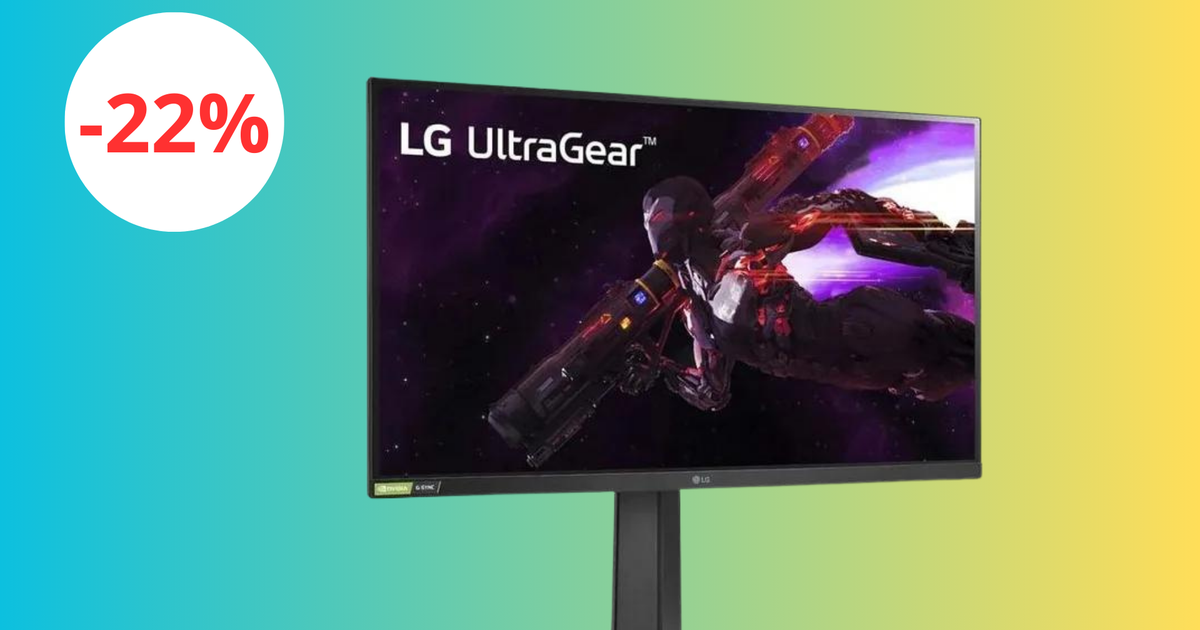

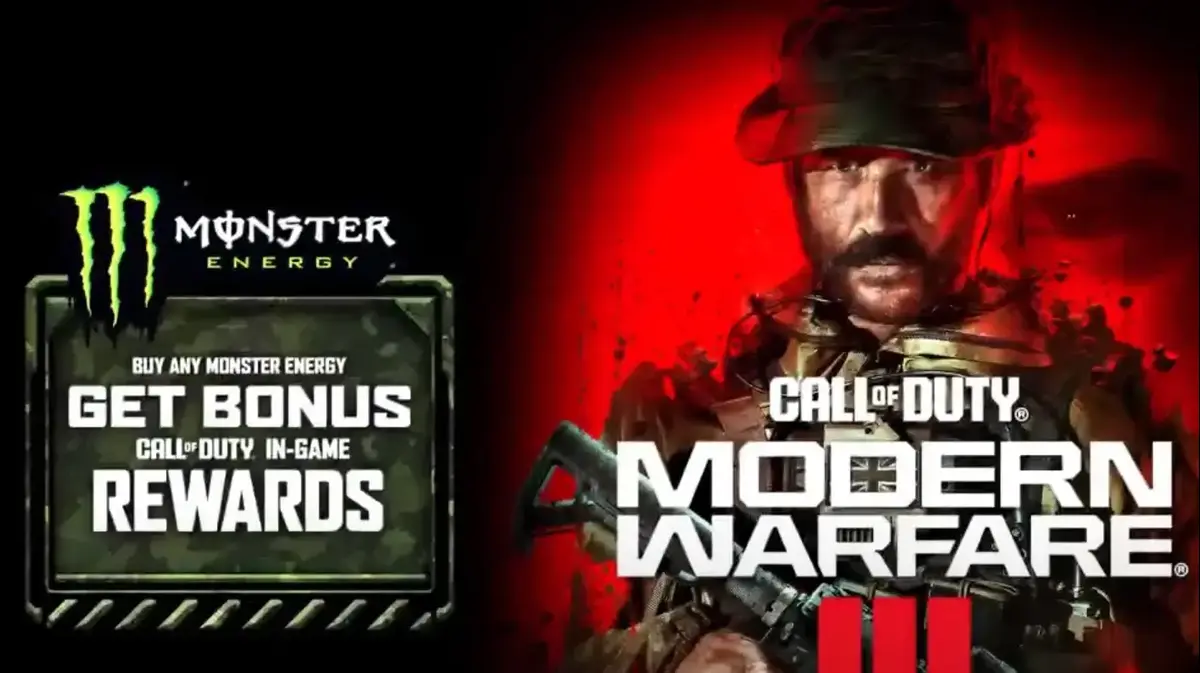



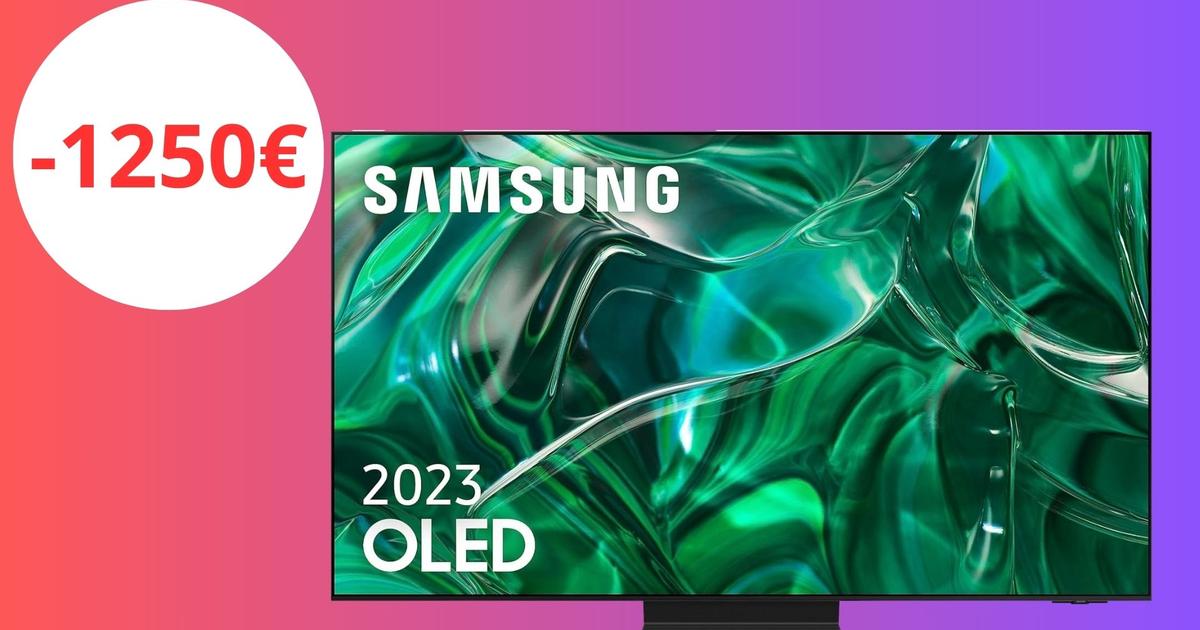
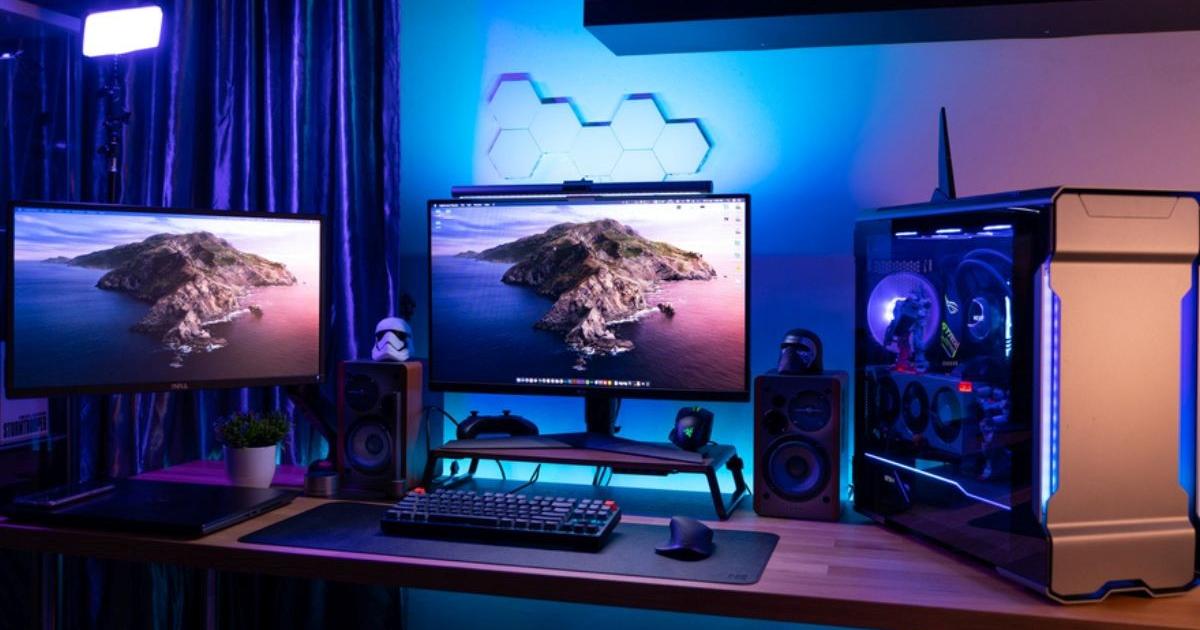
/cloudfront-eu-central-1.images.arcpublishing.com/prisa/2C5HI6YHNFHDLJSBNWHOIAS2AE.jpeg)



